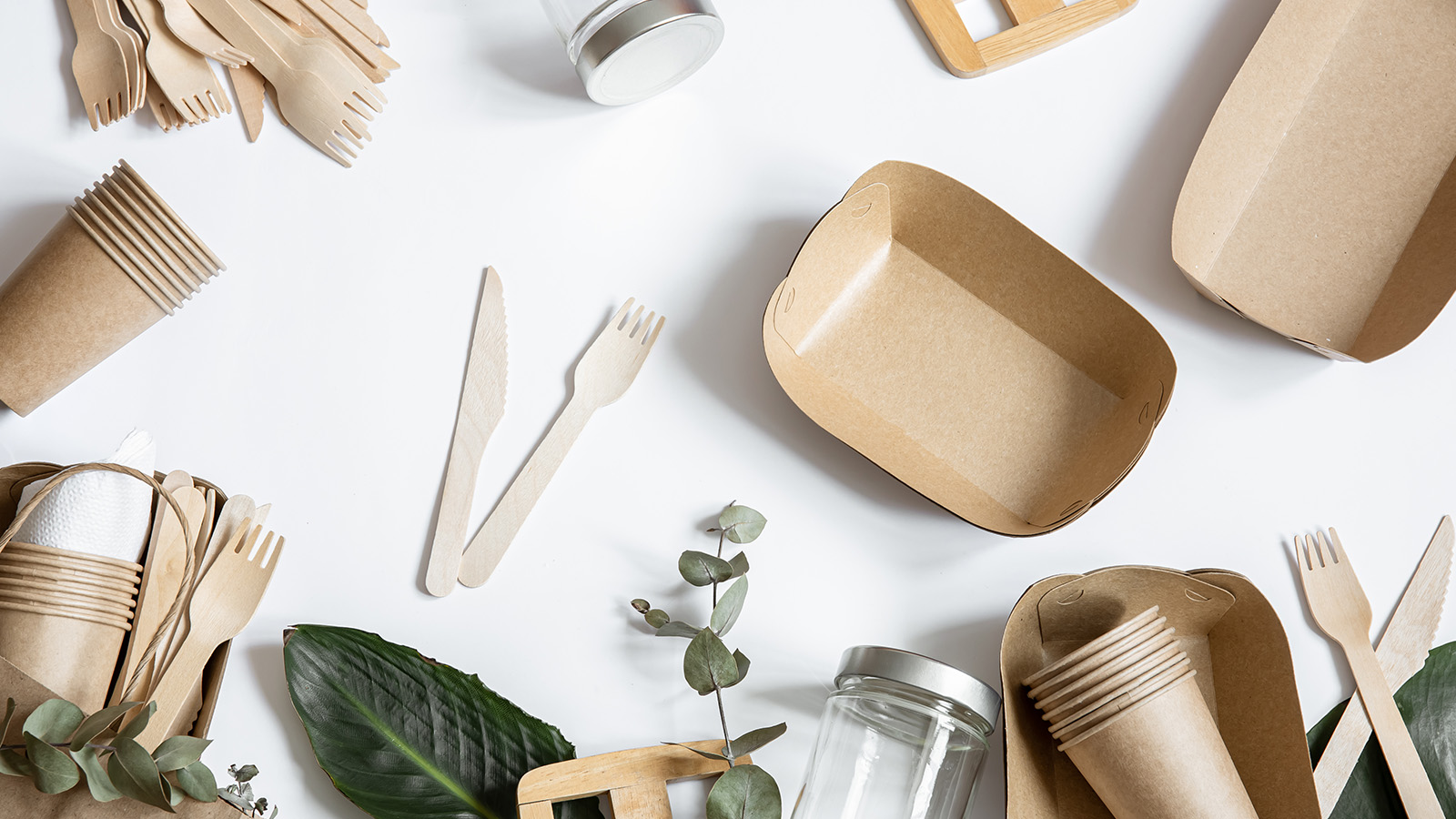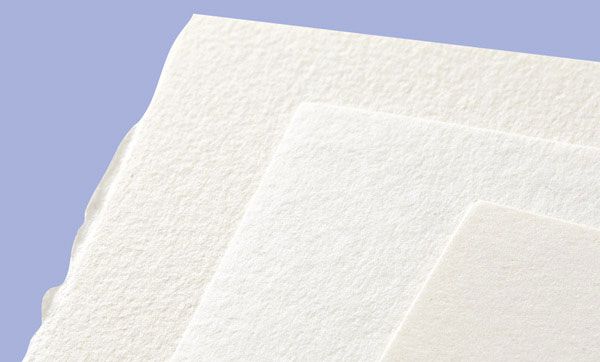In today's world, where environmental concerns are at the forefront of global discussions, finding sustainable alternatives to everyday products has become crucial. While biodegradable materials have gained popularity for their ability to break down naturally, there are several alternatives that offer even greater benefits. In this article, we will explore what is better than biodegradable and delve into innovative solutions that can contribute to a greener future.
- Compostable Materials:
Compostable materials go beyond biodegradability by not only breaking down but also enriching the soil. These materials, such as plant-based plastics and natural fibers, can be transformed into nutrient-rich compost through industrial composting processes. By supporting the growth of healthy soil, compostable materials offer a sustainable solution that promotes circularity in the production and disposal of products. - Recyclable Plastics:
While biodegradable plastics have gained attention, recyclable plastics provide a more effective solution for reducing waste. By designing products with recyclability in mind, manufacturers can ensure that materials can be reused and repurposed, reducing the demand for new resources. Additionally, advancements in recycling technologies have made it possible to recycle a wider range of plastics, further expanding the potential for a circular economy. - Renewable Energy Sources:
Shifting towards renewable energy sources is another aspect that surpasses the benefits of biodegradability. By transitioning from fossil fuels to clean energy alternatives such as solar, wind, and hydroelectric power, we can significantly reduce carbon emissions and mitigate the impacts of climate change. Embracing renewable energy not only helps to preserve the environment but also promotes sustainable economic growth. - Sustainable Packaging:
Beyond biodegradable packaging, sustainable packaging solutions offer innovative ways to reduce waste and environmental impact. For instance, using materials like mushroom-based packaging, which is grown from agricultural waste, provides a biodegradable and compostable alternative to traditional packaging materials. Additionally, embracing minimalist packaging designs and utilizing recycled materials can further enhance sustainability efforts. - Circular Economy:
The concept of a circular economy goes beyond the linear "take-make-dispose" model and aims to keep resources in use for as long as possible. By promoting practices such as product reuse, repair, and remanufacturing, we can minimize waste generation and maximize resource efficiency. Implementing circular economy principles in various industries can lead to long-term sustainability and reduced environmental impact.
Conclusion:
While biodegradable materials have their merits, exploring alternatives that go beyond biodegradability is essential for a greener future. Compostable materials, recyclable plastics, renewable energy sources, sustainable packaging, and the adoption of circular economy principles all contribute to a more sustainable and environmentally friendly society. By embracing these alternatives, we can move towards a future where our actions align with the goal of preserving the planet for future generations.


